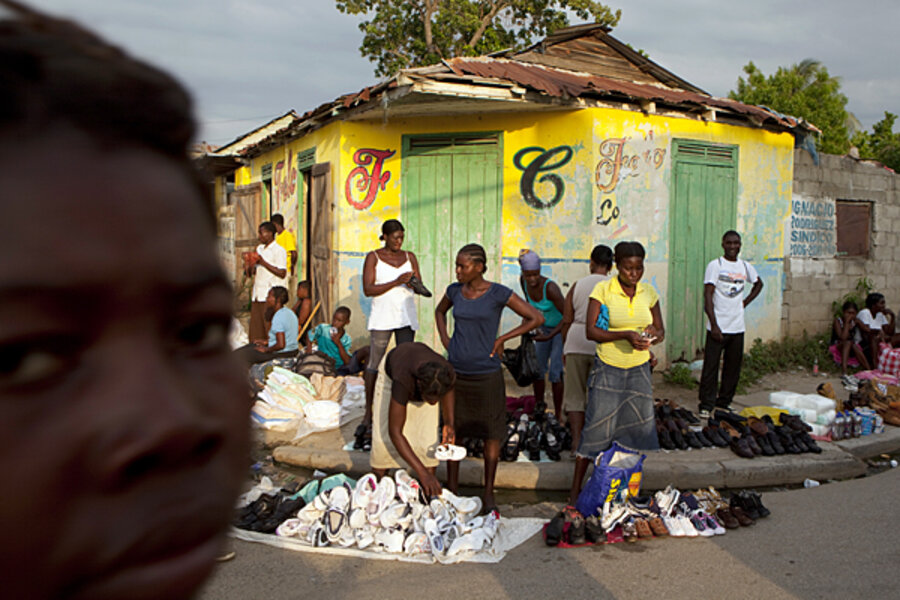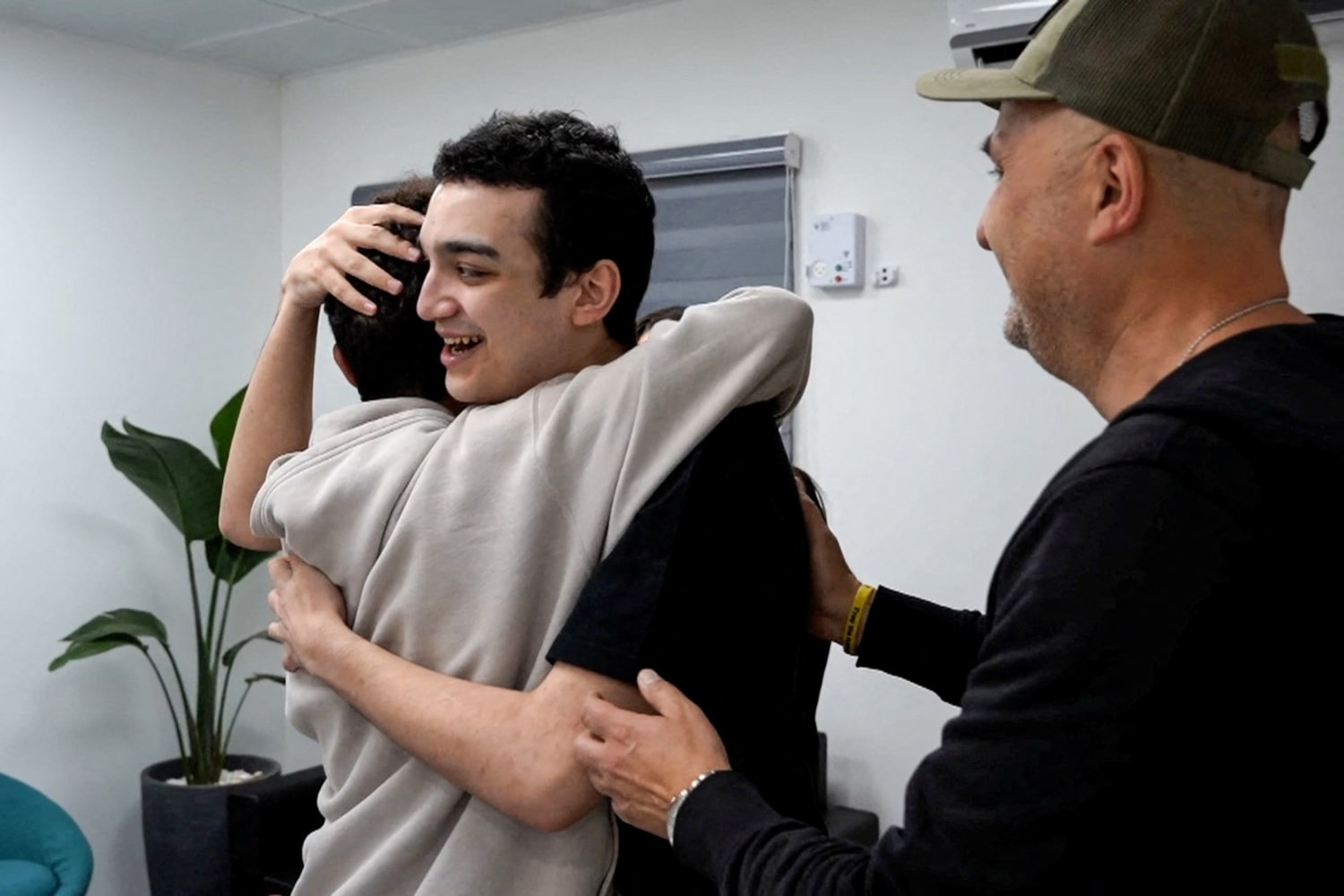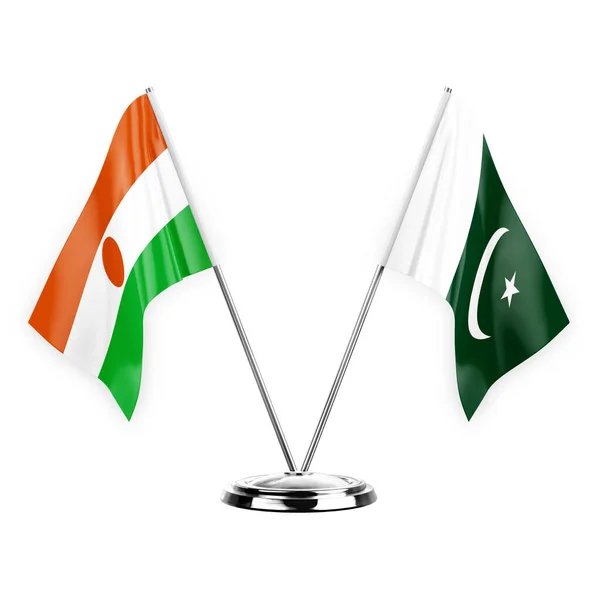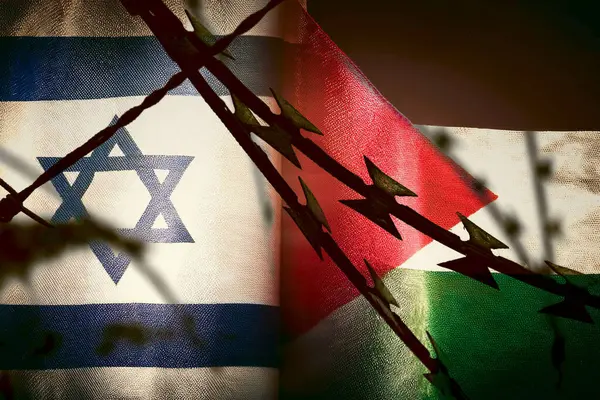Starving for Survival: The Weaponization of Aid in Gaza's Deepening Crisis

Misery is often gauged by direct contact—sight, sound, and smell. Yet, foreign journalists are banned from Gaza, leaving Palestinian reporters to face immense danger while documenting the human catastrophe, with over 200 killed while reporting under fire.
With firsthand journalism restricted, news organizations turn to humanitarian groups like the Red Cross. Pascal Hundt describes Gaza’s civilians as battling unbearable hardship—facing continuous displacement, bombardment, and a chronic lack of humanitarian relief in a setting of war-inflicted chaos.
The situation deteriorated rapidly after Israel ended a two-month ceasefire on March 18. Airstrikes resumed, and Israel imposed a full blockade, halting all food and medical aid shipments into the besieged territory.
The broken ceasefire eliminated hope for a second negotiation phase: the release of all hostages in exchange for a total Israeli withdrawal from Gaza. Netanyahu’s government rejected this, facing pressure from extremist factions who aim to depopulate Gaza of Palestinians.
Netanyahu's political existence is tied to continuing the conflict. Ending the war could expose him to prosecution for corruption and bring a reckoning for his failure to prevent Hamas’s October 7 attacks. Resuming war became a political necessity.
A new military push looms, as Netanyahu delays action until Donald Trump’s Gulf tour ends. Israel’s goal: massive displacement of Gazans through relentless airstrikes, forcing civilians to flee repeatedly to shrinking, unsafe areas.
Even before the war, Gaza was densely populated. Israel's strategy is to force residents into the southern tip near Rafah, now rubble. Humanitarian groups say this violates basic human rights and amounts to ethnic cleansing.
The UN has dismissed Israeli claims that Hamas controls aid distribution. Israel and the U.S. proposed a private security aid system, but major organizations refused, arguing it undermines neutrality and humanitarian integrity.
UNRWA’s Philippe Lazzarini declared Gaza is collapsing under famine conditions. With aid blockaded, starvation has taken center stage. He warned people may soon die not from bombs, but from hunger itself—calling it a deliberate war tactic.
According to the IPC, 470,000 Gazans are suffering catastrophic hunger—"Phase 5" status. This means widespread starvation and death. Alarmingly, tens of thousands of children and mothers need emergency treatment for acute malnutrition.
Lazzarini believes the aid blockade is being used for political gain, which may constitute a war crime. When asked if this meets the threshold of genocide, he cited the destruction and displacement as clear indicators.
Inside Israel, even families of hostages and military reservists oppose the war’s continuation. They argue the government is prioritizing political survival over lives. Critics warn that the world is watching, and history will not forget.
What's Your Reaction?




















